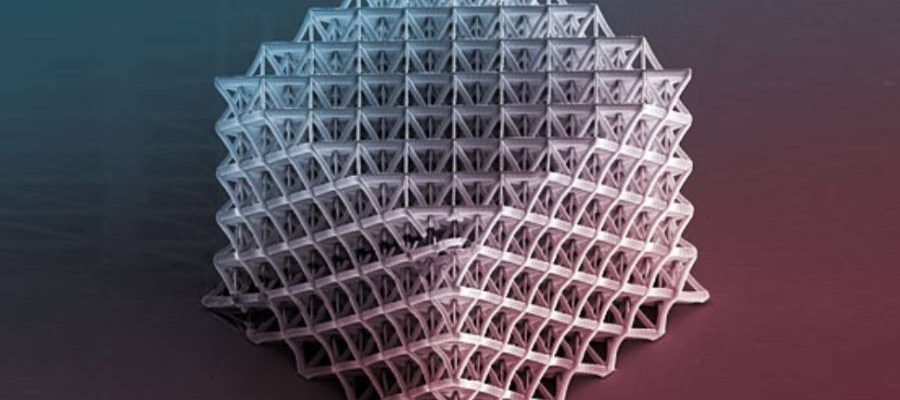
In the world of construction, durability is a crucial factor to consider when selecting materials. The longevity of a structure depends heavily on the materials used, and one material that stands out for its exceptional durability is concrete. Concrete has been used for centuries and has proven to be the longest lasting construction material. In this blog post, we will delve into the reasons behind concrete’s longevity, its applications, and the factors that contribute to its durability.
- The Composition of Concrete:
Concrete is a composite material made up of several components, including cement, aggregates (such as sand and gravel), water, and sometimes additional additives. The combination of these elements creates a strong and durable material that can withstand various environmental conditions. - Chemical Reactions and Strength:
One of the key factors contributing to concrete’s durability is the chemical reaction that occurs during the curing process. When water is added to cement, it undergoes a chemical reaction called hydration, forming a solid matrix that binds the aggregates together. This process continues over time, resulting in increased strength and durability. - Resistance to Environmental Factors:
Concrete exhibits excellent resistance to environmental factors such as fire, water, and extreme temperatures. Its inherent properties make it highly resistant to fire, as it does not burn or release toxic fumes. Additionally, concrete structures can withstand water exposure without significant damage, making it suitable for various applications, including bridges, dams, and underground structures. Moreover, concrete’s ability to withstand extreme temperatures, both hot and cold, makes it ideal for regions with diverse climates. - Long-Term Structural Stability:
Concrete structures are known for their long-term stability. The combination of its strength, durability, and resistance to environmental factors ensures that concrete buildings and infrastructure can withstand the test of time. This longevity reduces the need for frequent repairs and replacements, making it a cost-effective choice in the long run. - Sustainable and Eco-Friendly:
Concrete is also considered a sustainable and eco-friendly construction material. The production of cement, a key component of concrete, has become more environmentally friendly over the years, with the use of alternative fuels and the reduction of carbon emissions. Additionally, concrete can be recycled and reused, further reducing its environmental impact.
Conclusion:
Concrete has rightfully earned its reputation as the longest lasting construction material. Its composition, chemical reactions, resistance to environmental factors, long-term stability, and sustainability make it an ideal choice for a wide range of construction projects. Whether it’s building bridges, skyscrapers, or residential homes, concrete provides the durability and longevity required for lasting structures. By understanding the unique properties of concrete, architects, engineers, and construction professionals can make informed decisions and create structures that will stand the test of time.

